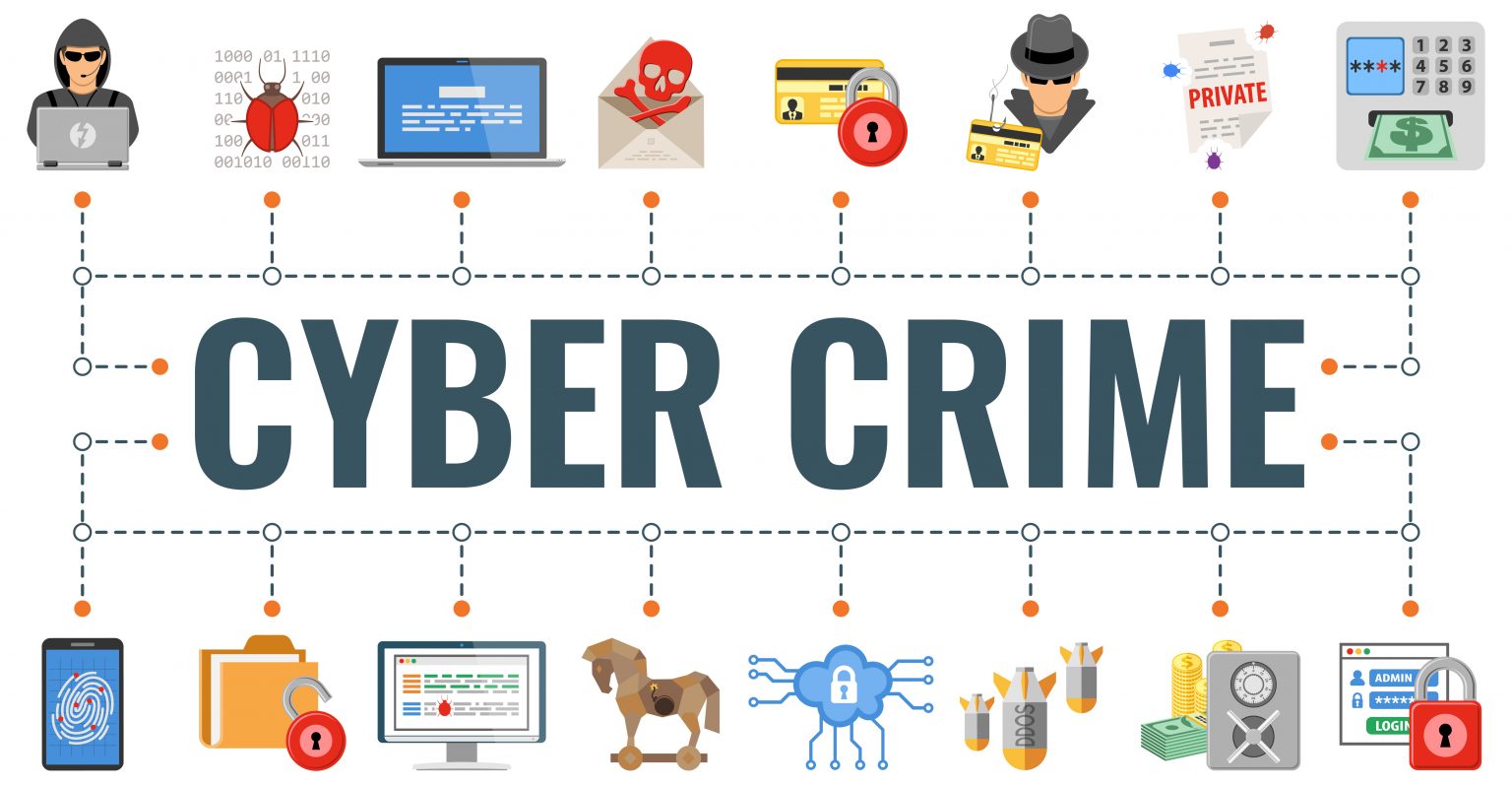Cybercrime today includes traditional, real world offline crimes, (fraud, forgery, organised crime, money laundering, theft etc.) perpetrated in cyber space that are hybrid or cyber-enabled crimes, as well as ‘new cyber dependent’ that have been made possible with the advent of the internet and internet enabled technologies.
For these reasons many countries have amended or enacted laws that are specifically designed to deal with cybercrime along with the advent of newer types of cybercrimes like supply chain attacks. AI and IOT based crimes, crypto jacking, targeted attacks, bitcoin crimes, RDP attacks and so on require the existing laws to be tweaked to meet the legal requirements. India is still in the process of formulating more laws on bitcoin, crypto and fintech laws.
The complex nature of the crime as one that takes place in the border-less realm of cyberspace is compounded by the increasing involvement of organized crime groups. Perpetrators of cybercrime and their victims can be located in different regions, and its effects can ripple through societies around the world, highlighting the need to mount an urgent, dynamic and international response.
Law in a modern society has been defined as “the discipline that deals with how our legal system can and must adjust to accommodate the problems created by the ever more urgent and ubiquitous impact of technology on society.” With the growth of the internet technology, genomics, telecommunications, etc. legal scholars and law schools emphasized on the intersection of the law with science and technology.
Scientific issues now permeate the law. There has been a growing awareness of the importance of scientific and technological developments amongst legal scholars and practitioners.



